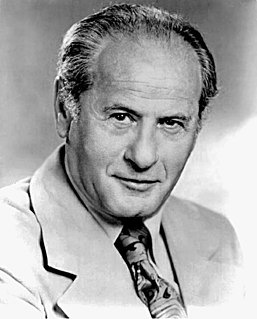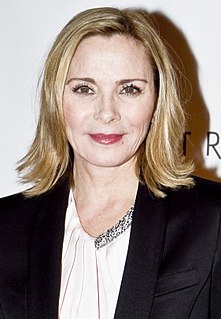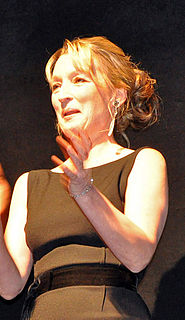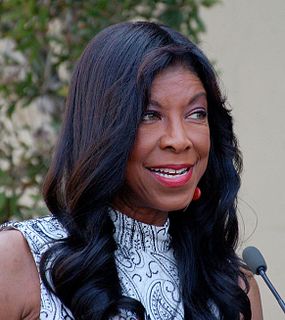A Quote by Kenneth Cranham
The great thing about stage is that you have more control. The stage is yours. The time is yours. Film is really the editor's medium.
Related Quotes
I'm one of those pathetic actors who will say yes to every play reading just because I do miss the stage so much. What I really miss about the theater is that in the end, it's yours to give. In television and film, it's yours to do and someone else's to take and someone else's to give. As much as I love television - the biggest luxury of all is to know that you have a job to go to - I do miss that connection and having that power over my own performance on stage.
Taking drugs on a recreation level is one thing. But taking them while you're working on a stage is, I don't think it was that great. It's the control factor. And the thing about being on stage, you really want to feel that you're sort of in control a lot. It's not a place where you want to be out of control.
Stage is the ultimate test; I like watching established screen actors on stage to see if they can really do it. But it's great to have a healthy mixture of the two. Film is so technical: there's something very particular about the relationship between you and the camera. It took a long time for me to get good on film.
What you see is from outside yourself, and may come, or not, but is beyond your control. But your fear is yours, and yours alone, like your voice, or your fingers, or your memory, and therefore yours to control. If you feel powerless over your fear, you have not yet admitted that it is yours, to do with as you will.
You see, what is my purpose of performance artist is to stage certain difficulties and stage the fear the primordial fear of pain, of dying, all of which we have in our lives, and then stage them in front of audience and go through them and tell the audience, I'm your mirror; if I can do this in my life, you can do it in yours.
You see, what is my purpose of performance artist is to stage certain difficulties and stage the fear the primordial fear of pain, of dying, all of which we have in our lives, and then stage them in front of audience and go through them and tell the audience, 'I'm your mirror; if I can do this in my life, you can do it in yours.'
If doubtful whether to end with "yours faithfully," or "yours truly," or "yours most truly," &c. (there are at least a dozen varieties, before you reach "yours affectionately"), refer to your correspondent's last letter, and make your winding-up at least as friendly as his: in fact, even if a shade more friendly, it will do no harm!



































